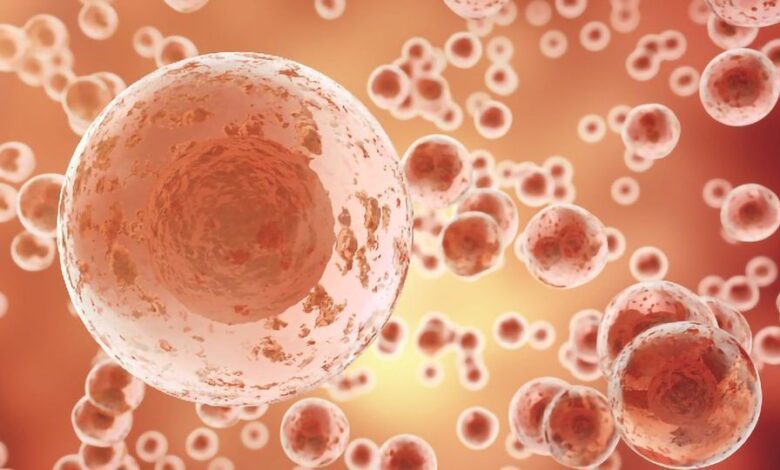How Your Body Uses Different Cellular Processes To Stay Healthy?

The human body is a complex organism that relies on various cellular processes to maintain health and wellness. From digestion to respiration, circulation to immunity, every system in the body is designed to work together to keep us healthy. Understanding the catabolic vs anabolic processes is key to understanding how the body maintains a healthy balance. This article will explore the most important cellular processes that keep our bodies functioning properly.
Cellular Processes That Maintain Health
- Metabolism
Metabolism is the process by which the body converts food into energy. This process is essential for life, allowing us to move, think, and carry out all our daily activities. There are two types of metabolism: catabolism and anabolism. Catabolism is the breakdown of larger molecules into smaller ones, while anabolism synthesizes larger molecules from smaller ones. Together, these processes ensure our bodies have the energy to function properly.
- Respiration
Respiration is the process through which the body takes in oxygen and exhale carbon dioxide. This process is crucial for the survival of all animals since it allows us to create the energy we require to carry out our everyday activities. During respiration, the body breaks down glucose and other molecules to release energy. The oxygen we breathe in aids in this process, whereas the carbon dioxide we exhale is a waste product.
- Digestion
The process through which the body breaks down food into its basic elements, allowing us to access the nutrients we require for living. Our saliva enzymes break down carbs in the mouth, where the process starts. Food is next transported to the stomach, where additional enzymes break down proteins and lipids. Finally, the meal reaches the small intestine, where nutrients are absorbed into the circulation and distributed throughout the body.
- Circulation
Circulation is the process by which blood is pumped through the body, carrying oxygen and nutrients to the needed cells. The heart is the primary organ responsible for circulation, pumping blood throughout the body via a network of arteries, veins, and capillaries. The circulatory system is essential for maintaining the health of the body’s organs and tissues, as it ensures that they receive the oxygen and nutrients they need to function properly.
- Immunity
Immunity is the body’s capacity to fend against illness and infection. The body is protected from dangerous microorganisms by the immune system, which is a sophisticated network of cells, tissues, and organs. The immune system creates antibodies that can recognise and eliminate pathogens when they enter the body. Due to its role in halting the spread of disease, this procedure is crucial for maintaining bodily health.
- DNA Replication
DNA replication is the process by which the body creates new copies of DNA. This process is essential for cell division, ensuring each new cell receives a complete copy of the DNA necessary for proper functioning. During DNA replication, enzymes called helicases unwind the DNA strands, while other enzymes called polymerases build new strands based on the existing template. This process is essential for maintaining the genetic integrity of the body.
- Protein Synthesis
Protein synthesis is the process by which the body creates new proteins. Proteins are essential for many cellular functions, including growth, repair, and maintenance. During protein synthesis, the DNA code for a specific protein is transcribed into RNA, which is then translated into a specific sequence of amino acids. These amino acids are then assembled into a protein molecule. This process is essential for maintaining the health of the body’s tissues and organs.
Conclusion
In conclusion, the human body is a complex organism that relies on various cellular processes to maintain health and wellness. Every process is important in keeping our bodies functioning properly, from metabolism to protein synthesis. By understanding these processes, we can take steps to support and optimize our health.
Maintaining a healthy lifestyle is essential for supporting these biological activities. Eating a nutritious diet, getting regular exercise, and controlling stress may all help our bodies work effectively. Getting enough sleep and avoiding harmful behaviours like smoking can also help preserve cellular health.
Overall, the key to maintaining cellular health is to understand how our bodies work and take steps to support their natural processes. Doing so can help ensure that our bodies remain healthy and resilient for years.



